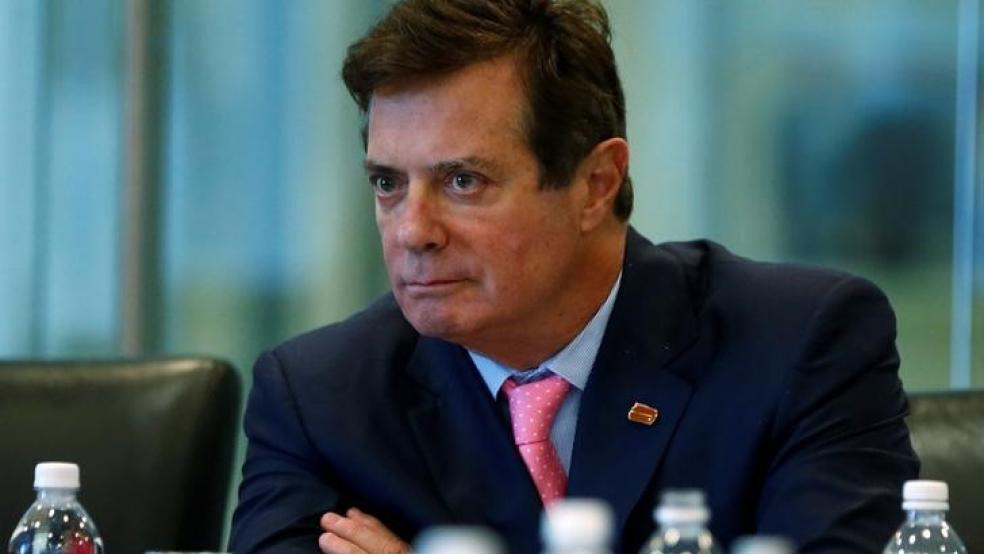FRANKFURT (Reuters) - Iran expects to see "more rationality" on the part of Donald Trump once he assumes the role of U.S. president and leaves behind what was merely campaign rhetoric, an Iranian central bank official said.
At a conference in Frankfurt, other Iranian bankers also said they did not expect long-term adverse effects from Trump's win, even though he ran for president opposing a landmark nuclear deal the United States signed last year with Iran. "What has been said during the election (campaign) was for the election competition. We expect to see more rationality on the position that Trump is going to take after becoming president," Iranian Central Bank Vice Governor Peyman Ghorbani told Reuters on the sidelines of the conference."The (U.S.) administration will come to the point that they have to honor the (agreement) and that's the only right way forward," he said. Vali Zarrabieh, chairman of Tehran-based Saman Bank, agreed and said he expected Trump to decide on a pragmatic Iran policy, beneficial to the American people. "Trump is at the end of the day a businessman ... I don't see major issues coming up."The remarks were echoed by German Finance Minister Wolfgang Schaeuble in a panel discussion with his Slovakian counterpart Peter Kazimir in Berlin."Many people say that the office of the president of the United States of America shapes the person more strongly than the person (shapes) the office," Schaeuble said when asked about his expectations regarding Trump.Kazimir said more clarity was needed about Trump's policy and Europe should be better prepared for different scenarios.Trump, who assumes office on Jan. 20, has made contradictory statements on Iran, making it unclear how he will act. The 2015 deal allowed sanctions imposed on Iran by the West over its nuclear program to be lifted, but European banks are still reluctant to finance deals out of fear they could run foul of existing U.S. sanctions and incur massive penalties down the line.Ghorbani said the central bank saw no reason for companies to be afraid of coming to Iran and that sooner or later banks would thaw towards doing business again. "Sooner or later the big European banks will come to the understanding that they have to break the ice and start to work with Iran," he said, lauding Total'sIran sees 'more rationality' from Trump once president: Iranian central bank official

Rick Wilking



